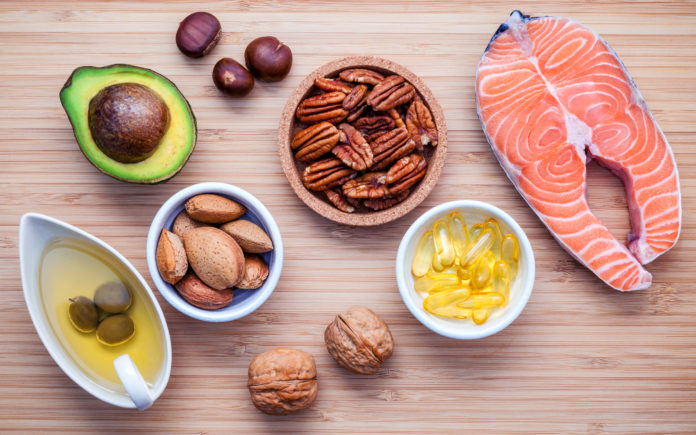The World Health Organisation’s (WHO) recent bulletin contained an article focused on the palm oil sector. The article was full of errors, omissions, assumptions and other evidence of bias. The fact that those biases exist is a major problem, but the wider problem is the following: The WHO article’s stated concern was that the palm oil industry focuses on “lobbying”, to the detriment of scientific evidence.






